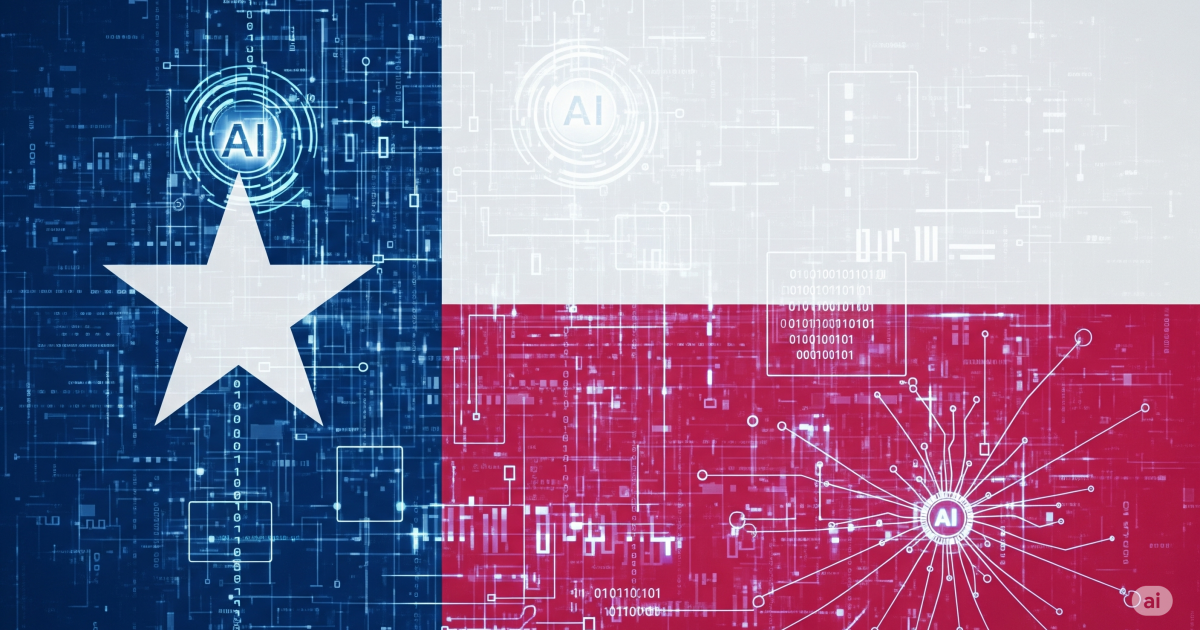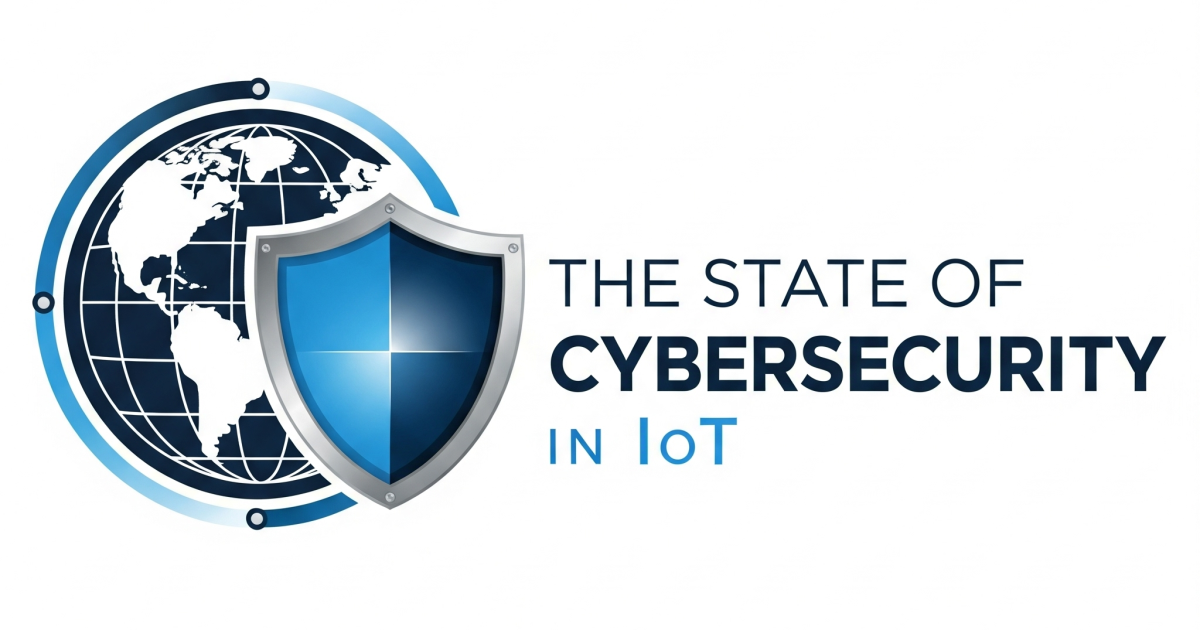
Let’s talk about the Paris Métro and the Grand Paris Express project, and how both tie into the Internet of Things.
The Paris Métro first opened in 1900 as part of the iconic 1900 World’s Fair. Fast-forward to present day, and many Parisians aren’t farther than 300-500 meters from one of the Paris Métro’s stations. (Notably, there are even specially themed stations at the Arts et Métiers ParisTech French engineering and research institute, as well as in Bastille and Concorde.) The reliable Paris Métro is different from the RER and Transilien trains, and according to many accounts it seems to be the preferred line. And, given the necessity to connect expanding suburbs (particularly in the Île-de-France region), new lines are certainly on the table.
That’s where the Grand Paris Express comes in – a massive rail expansion project that’s expected to include 200 kilometers of new track, spanning 68 new stations, extensions of existing lines, seven new technical centers, and four fully automated subway lines.
Home in on that last part; the automated lines. As far as transport infrastructure goes, automation can lead to reduced human errors and greater operational efficiencies. It’s incredibly neat, and the project has been drumming up hype for quite a while. Though the project planning began back in 2013 (and construction kicked up in 2015), this type of expansion project at scale takes time. New stations began opening last year (and a handful of others are slated to open in time for the 2024 Olympics), but the bulk of the developments will take place between 2024 and 2030. When completed, reports say it will serve more than two million passengers a day while connecting both major Paris airports to the Métro system and linking adjoining suburbs to decrease commutes. For extra info on how the Grand Paris Express will impact the Greater Paris area, writer Laura Moore provides a lovely and detailed account here.)
So, let’s tie this back to IoT.
Last week, Alcatel-Lucent Enterprise and Nokia officially announced their partnership to power the Grand Paris Express.
Alcatel-Lucent Enterprise (ALE) drives digital innovation and enables high-performance IoT solutions in healthcare, hospitality, education, government and transportation. (The transportation part being most pertinent for this news.) ALE supports businesses with a portfolio of Everything-as-a-Service (XaaS) offerings tailor-made for different enterprise needs.
ALE, as mentioned, is partnering with Nokia, a company with a history involving mobile technologies, other consumer electronics, telecommunications and cloud networks. By coming together, ALE and Nokia expect to provide, per the announcement, “certified and integrated end-to-end mission-critical infrastructure for the Grand Paris Express.”
Specifically:
- The ruggedized LAN OmniSwitch by ALE is being deployed in stations to power video surveillance management and air quality control via IoT sensors.
- Nokia’s state-of-the-art multi-service IP/MPLS high-speed backbone network will meet operational and maintenance requirements for the Grand Paris Express.
Additional project parameters are yet to come, but already ALE and Nokia are fired up and ready for what’s ahead.
“We are very proud to partner with Nokia to deliver cutting-edge digital transformation for the Grand Paris Express smart mobility project. Together, we will provide a certified mission-critical network, supporting carbon-free transportation. ALE is fully compliant with and committed to sustainable development regulations, as defined by the UN Global Compact. This project is also a perfect example of our ‘Technology for Good’ strategy,” explained Rukmini Glanard, Chief Business Officer at ALE.
“We, too, are thrilled to strengthen this relationship,” said Nathan Stenson, Nokia Vice President, Global Partner Channel at Nokia. “Our leading-edge IP/MPLS technology is going to enable a powerful multi-service IoT network, including 13,000 cameras and even AI, to enhance the safety and security of those traveling the Grand Paris Express.”
As of this piece’s publication, both companies will engage on this project through 2035.
Edited by
Greg Tavarez





